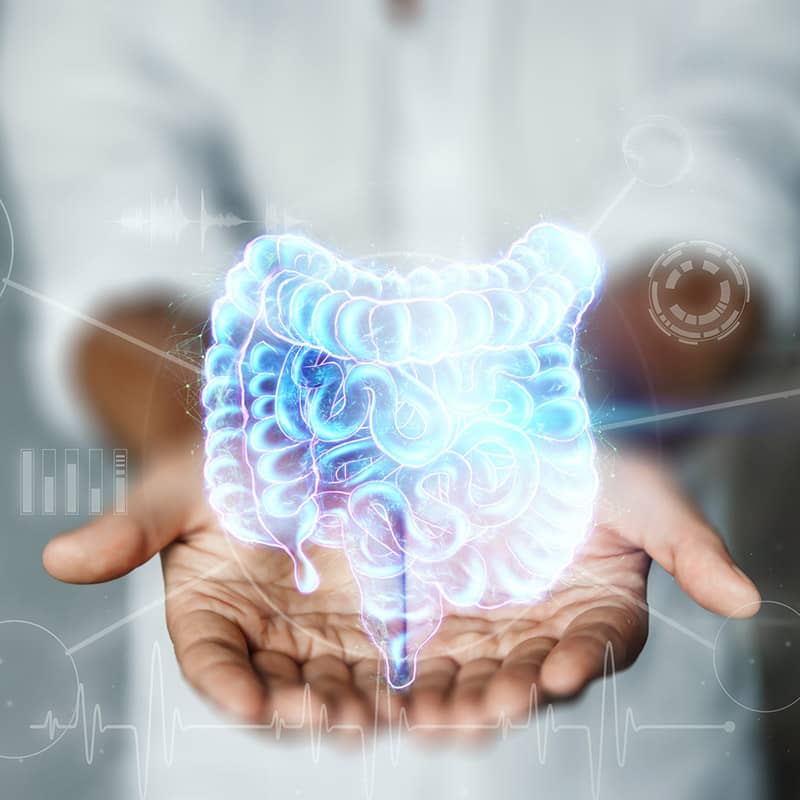
Imagine reversing the aging process of your brain simply by addressing the balance of bacteria in your gut. One leading neurologist, Dr. David Perlmutter, believes this cutting-edge approach could hold the key to halting memory decline. What’s more, it’s not about expensive drugs or invasive procedures—it’s a fascinating treatment already used for other conditions: fecal microbial transplants (FMT). Could this “poop pill” therapy unlock sharper memory, better learning, and even protect against dementia? The latest research may shock you!
Key Takeaways
- The health of your gut microbiome directly affects cognitive function, with aging-associated microbial imbalances linked to memory loss and slower learning.
- Fecal microbial transplants could restore youthful gut bacteria to slow or reverse cognitive aging by promoting healthy brain function.
- Beyond brain health, FMT is being tested for a variety of conditions, from allergies to type 2 diabetes, showcasing its broad therapeutic potential.
How Your Gut Can Strengthen Memory
One neurologist -- renowned for helping people with dementia and other neurological disorders -- says restoring the gut is the key to restoring memory. David Perlmutter, M.D. is well known to most of our readers, so I sit up and take notice when he says dementia patients need more than probiotics to restore a healthy balance of bacteria in the gut.
After reviewing the latest research, Dr. Perlmutter believes a fecal microbial transplant—or “poop pills”— may "prove to be among the most powerful medical interventions ever devised" for dementia.
We’ve often reported on the scientific evidence for the importance of a healthy gut in maintaining a sharp memory. The two-way communication between the intestines and the brain -- the gut-brain axis -- has emerged as a key player in cognitive health.
For example, negative changes to the gut from antibiotics or a diet of processed foods are associated with a variety of neurological conditions such as depression, multiple sclerosis and Parkinson's. On the other hand, beneficial changes to the makeup of intestinal microbes through either a healthier diet or probiotics are linked to improvements in cognition and behavior as well as improvements in Parkinson's disease symptoms.
How Aging Affects the Gut Microbiome
Scientists have also theorized that changes to the gut microbiome from normal aging directly affect the central nervous system (CNS), potentially contributing to the decline in cognitive function seen in the elderly.
However, their theory had just recently been tested.
Scientists from the United Kingdom and Italy performed a fecal microbial transplant (FMT) on healthy old mice and transferred the microbes to healthy young adult mice.
For comparison, they also performed a fecal microbial transplant from young mice to others of the same age.
Following FMT, they examined the gut microbiome and the brain’s hippocampus, a key memory and learning center. Also, they conducted a battery of cognitive and behavioral tests on the laboratory animals.
The scientists found that FMT from old donors led to impaired spatial learning and memory similar to that experienced by aged mice.
In the hippocampus, altered expression of proteins took place. This hurt synaptic plasticity, the ability of neurons to adapt or modify their connections as needed over time. Synaptic plasticity is crucial to retain memory and learning abilities.
Young Brain Cells Look Old
Some of the brain’s hippocampus cells also acquired aging characteristics; they looked like old cells.
The final observation was a reduction in gut bacteria that produce short-chain fatty acids. These have major health benefits including a boost in the well-being of the brain and central nervous system.
This was the first study to provide evidence that FMT significantly affects important cognitive functions of the central nervous system in aging.
Potential to Reverse Brain Aging in Humans
Although the scientists transferred fecal microbes from old to young adult mice, they believe the effects would apply in reverse when transferring fecal microbes from young to old humans.
The research team concluded that "approaches that aim to restore a young-like microbiota might improve cognitive function, and in so doing, the quality of life of the elderly...."
Lead author of the study, Dr. David Vauzour, explained, "Research has shown that the aging process may be linked with age-related changes in our gut microbiota. "...fecal transplantation from an old donor to a young recipient causes an age-associated shift in the composition of gut microbiota...the young mice began to behave like older mice, in terms of their cognitive function."
Another member of the research team, Prof. Arjan Narbad, added, "Manipulating the microbiome is increasingly being seen as a way of improving or maintaining human health, and these results are an exciting indication of its potential for helping us age healthily."
Of course, the research is still in the laboratory stage, but FMT is showing great promise in the treatment of other illnesses in people.
FMT is Already in Use
Fecal microbial transplants are already used in children and adults who suffer from debilitating gastrointestinal illnesses, such as C.diff (Clostridium difficile), an antibiotic-resistant strain of bacteria. However, FMT is still considered “investigational” by the FDA.
In people, FMT is a procedure that delivers healthy human donor stool to the patient via a colonoscopy, an enema, a nasogastric tube or in capsule form, popularly called “poop pills.”
Some pills containing “clean” fecal bacteria from donors are in development as prospective prescription drugs. FMT works by repopulating the microbiome of your gastrointestinal tract with thousands of bacteria that keep the body healthy.
In addition to research into using FMT against dementia, scientists are exploring its use against peanut allergies. In a clinical trial at Boston Children’s Hospital, researchers are looking at whether giving peanut-allergic people the “good” bacteria from a non-allergic person in a “poop pill” prevents allergic reactions.
There are also some 170 clinical trials underway across the nation using FMT to treat other illnesses, among them type 2 diabetes, cirrhosis of the liver and HIV.
FMT is not without risk. In the spring of 2019, a 73-year-old man with a unique blood condition became the first person to die following FMT. After the man’s death, scientists found out his “poop pills” had contained a rare type of E. coli bacteria that was drug-resistant.
Summary
The connection between gut health and brain function has opened up revolutionary possibilities for treating cognitive decline, including dementia. A recent study on fecal microbial transplants (FMT) found that gut bacteria from older donors caused cognitive impairment in younger mice, while researchers theorize the reverse—introducing young microbes into older humans—could rejuvenate memory and learning. Already used for gastrointestinal conditions like C. diff, FMT shows promise for improving cognitive health, but risks like bacterial contamination remain. While still experimental, FMT’s potential to restore memory by revitalizing the gut-brain axis is a promising step toward combating age-related brain decline.
Frequently Asked Questions
What is fecal microbial transplant (FMT)?
FMT involves transferring healthy gut bacteria from a donor’s stool to a recipient to restore a balanced gut microbiome.
How does FMT impact brain health?
FMT can influence the gut-brain axis, potentially restoring memory, learning, and cognitive function by reversing age-related microbial imbalances.
Is FMT already in use?
Yes, FMT is FDA-approved for treating C. diff infections and is being researched for other conditions, including dementia and diabetes.
What are the risks of FMT?
Risks include infections from contaminated stool samples, as seen in rare cases where harmful bacteria were transferred during the procedure.
Can FMT be done with pills?
Yes, "poop pills" are capsules containing cleaned and processed fecal bacteria, offering a non-invasive alternative to traditional FMT procedures.
